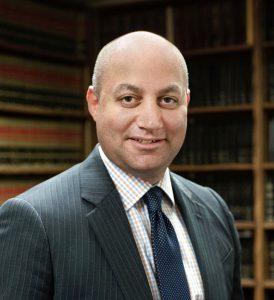Nigerian authorities have arrested five activists who were organising a an anti-government protest, severely beating the most prominent of them Omoyele Sowore, his lawyer revealed on Saturday.
According to an AFP report, Sowore’s lawyer Femi Falana demanded his client’s immediate release following the arrests in the capital Abuja overnight December 31, adding that he had been placed in a dangerous section of a notorious prison.
The police officers who arrested Sowore, who is also a journalist, “subjected him to severe beating and left him with bruises all over his body,” Falana told AFP.
“As if that was not enough he has been locked up in the midst of armed robbery suspects at a notorious detention facility called ‘abattoir’,” he added.
Several hours before his arrest, the opposition leader issued a tweet calling on Nigerians to march in the street to denounce bad governance in Nigeria.
The police confirmed the arrests took place just after the New Year began.
The FCT police command arrested the five activists at 12:30 am on January 1 in a “swift response to a distress call received from some tensed residents” over “an unusual gathering and movement,” the police said.
The five suspects were arrested for “unlawfully gathering at very odd hours, thereby causing palpable tension amongst the residents of Gudu and Lokogoma areas of the FCT,” regional police spokeswoman Mariam Yusuf told AFP.
A candidate for president in February 2019, Sowore, 49, was arrested on August 1, 2019 for having called for a mass demonstration, “Revolution Now.”
A harsh critic of president Muhammadu Buhari, he is also the founder of the online newspaper Sahara Reporters, which touts itself as an independent investigative media outlet.
He was released in December 2019, but remained accused of treason, money laundering, and cyber harassment of the head of state.
At the time, civil society, some media organisations and the opposition denounced a tilt toward heavy-handed security that they said recalled the years of military dictatorship the country experienced before the advent of democracy in 1999.
In October Nigeria, the most populous country in Africa, experienced an unprecedented youth movement against police violence and state authority.
The protests were crushed, spilling blood, according to several human rights group. They degenerated into a week of riots and looting in several major cities of the country.






